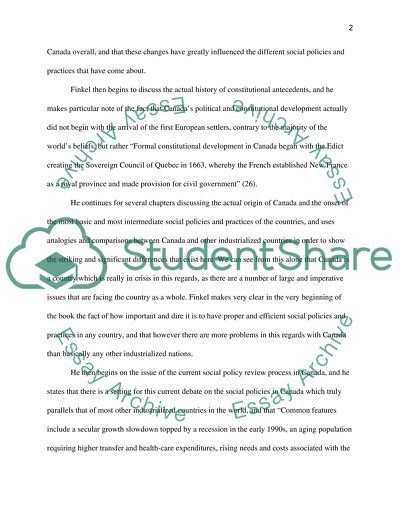Cite this document
(“(Book Review) Social policy and practice in Canada Essay”, n.d.)
(Book Review) Social policy and practice in Canada Essay. Retrieved from https://studentshare.org/miscellaneous/1526304-book-review-social-policy-and-practice-in-canada
(Book Review) Social policy and practice in Canada Essay. Retrieved from https://studentshare.org/miscellaneous/1526304-book-review-social-policy-and-practice-in-canada
((Book Review) Social Policy and Practice in Canada Essay)
(Book Review) Social Policy and Practice in Canada Essay. https://studentshare.org/miscellaneous/1526304-book-review-social-policy-and-practice-in-canada.
(Book Review) Social Policy and Practice in Canada Essay. https://studentshare.org/miscellaneous/1526304-book-review-social-policy-and-practice-in-canada.
“(Book Review) Social Policy and Practice in Canada Essay”, n.d. https://studentshare.org/miscellaneous/1526304-book-review-social-policy-and-practice-in-canada.


